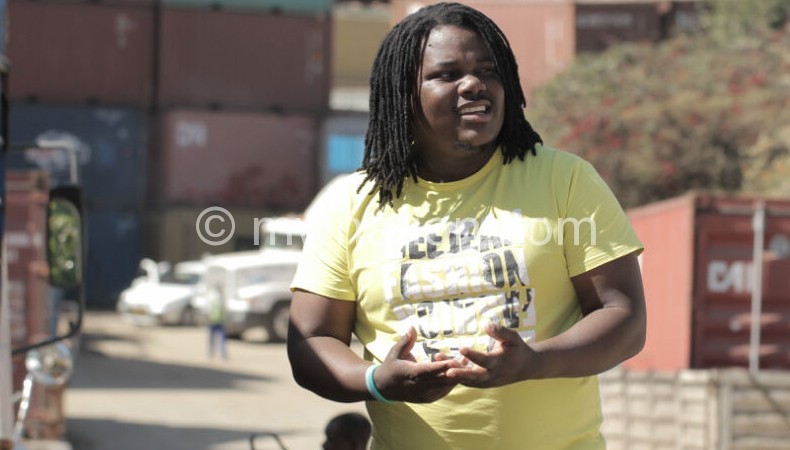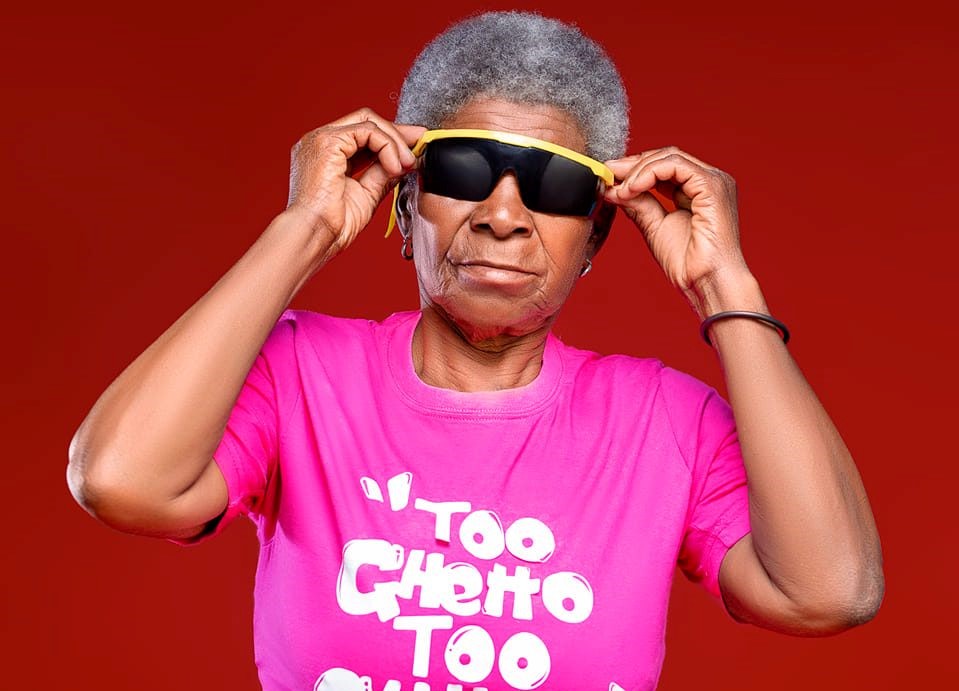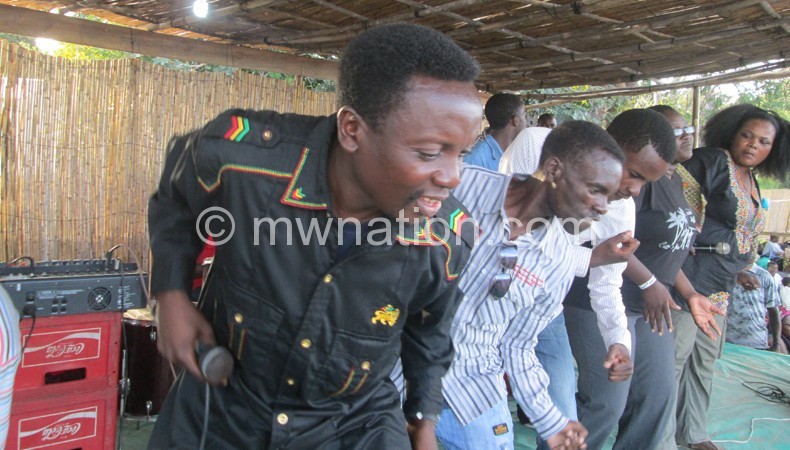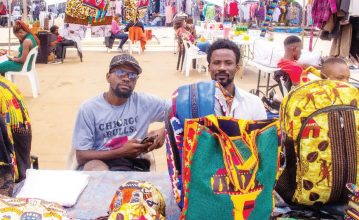Takeover of music dynasty
Two decades ago, urban music was almost non-existent in Malawi. Very few urban artists were recognised and their music was hardly accepted by both radio stations and listeners, particularly rural masses.
Thus artists who dominated the Malawi music industry were those who played local music, which penetrated every corner of the country and even beyond the borders.

Local music giants such as Lawrence Mbenjere, Charles Nsaku, Joseph Nkasa, Malume Bokosi, Alleluia Band, Lucius Banda, Lloyd Phiri, Adams Family, Eliza Kachali-Kaunda, Ethel Kamwendo-Banda, Moses Makawa, Thomas Chibade, Katelele Ching’oma and many others were not only dominating the local music charts, but also selling CDs and cassettes like hot cakes.
The sole music dealer Salim Sattar aka O.G Issa, who almost monopolised the local music business, could sign deals with the popular local musicians to sell their music. Likewise, concerts organised by local musicians were attracting huge patronage, filling venues to the brim in the process.
Venues like Lilongwe Community Centre (LCC) Ground used to be home ground for music powerhouses such as Alleluia Band and Lucius Banda and they were enjoying massive support from their fans. The then French Cultural Centre used to host gospel musicians as the venue was designed in a special way and provided a conducive atmosphere for family entertainment.
Local musicians were not only enjoying massive airplay, but also royalties administered by the Copyright Society of Malawi (Cosoma). Musicians such as Mbenjere and Nkasa used to make millions in royalties.
By then, Malawi had few artists who were trying to make a breakthrough with urban inspired genres such as hip-hop, Afro pop, ragga and R and B. Lulu, Maskal, Dan Lu, Francis ‘Young K’ Kaphuka of Anankabango fame, Annie Matumbi, Vic Marley, Aphofomoka of Cream Yaku Malawi fame, Ian ‘Mandede’ Lizzie, Nyasa Guruz and Tay Grin were some notable names on the urban music bloc.

Lulu became a favourite youthful R ‘n’ B crooner when he dropped Magwiragwira, arguably a hit of all times which contributed to the shaping of local urban music industry which exists today. Tay Grin also made impressive inroads with 2 by 2 which became a national anthem among youngsters, whereas Nyasa Guruz came with a bang with hits such as Tumpale, popularising talent from the ghetto. By then, Nyasa Guruz, which comprised members like Papa, Black Seed and Blak Jak of Inde popular tagline, was residing in Zingwangwa Township in Blantyre.
“It was inspiring to represent Zingwangwa Township those days when urban music was just finding its ground in the country. And we are happy to be part of the history of Malawi urban music,” said Blak Jak, who also hosts urban music programmes on Times Television.
The coming of Malawi Broadcasting Corporation (MBC Radio 2) and Power 101 helped to commercialise urban music in Malawi as most DJs began to play urban music. The growth of urban music in Malawi can be incomplete without the mention of Power 101’s DJ Kenny Klips who was a passionate enthusiast and promoter of urban music.
However, despite making some impressive get-up-and-gos, local music was still controlling the airwaves. Popular hits like Alimi Tidalakwanji by Malume Bokosi, Joseph Nkasa’s Mphwayi Ndi Tsoka, Zatukusira by Thomas Chibade, Katelele Ching’oma’s Ndilinawo Mwayi and Ndiphike Nyemba by Charles Nsaku were booming everywhere, including entertainment joints.
Now 15 years or so down the line, Malawi music landscape has completely changed in favour of urban artists who are ruling the game. Technological advancement which has aided Internet and social media use has played a significant role in promoting urban artists to rise to stardom.
“We have an Internet and social media generation which urban artists have utilised to build brands for themselves. Unlike local musicians who are not very much into social media marketing, urban musicians have found leverage in the use of Internet to move with time,” observed Justice Mponda, an old hand in entertainment reporting in Malawi.
There is overwhelming evidence that the Internet and social media have propelled most urban musicians to great heights as far as large following and recognition are concerned.
Today, urban artists are not only dominating the music charts, but also enjoying huge patronage during live shows.
Now these urban artists are even holding positions in the Music Union of Malawi (MUM).
Rapper Noel Chikoleka alias Phyzix and reggae dancehall artist Provoice have been elected as MUM chairperson for Southern Region chapter and chair for the youthful musicians arm, respectively.
Mikozi Network founder Bright ‘Excess’ Chiligo described the rise of urban music as timely and necessary.
“It is encouraging that Malawi has finally accepted urban music. It was just a matter of time for young people to take the lead. Most importantly, we have seen urban musicians embracing music as business and winning positions in the country’s music mother body, MUM. Congratulations are in order for the efforts urban artists are putting in their work,” said Chiligo.
Commenting on his election as MUM’s chairperson for the Central Region Youth Desk Provoice described it as a great honour.
“It’s a great honour to serve as a youth chair in the musicians’ union. This signifies the growth of urban music in the country. I am looking forward to serving with integrity to ensure that the country’s music industry progresses,” said Provoice.





